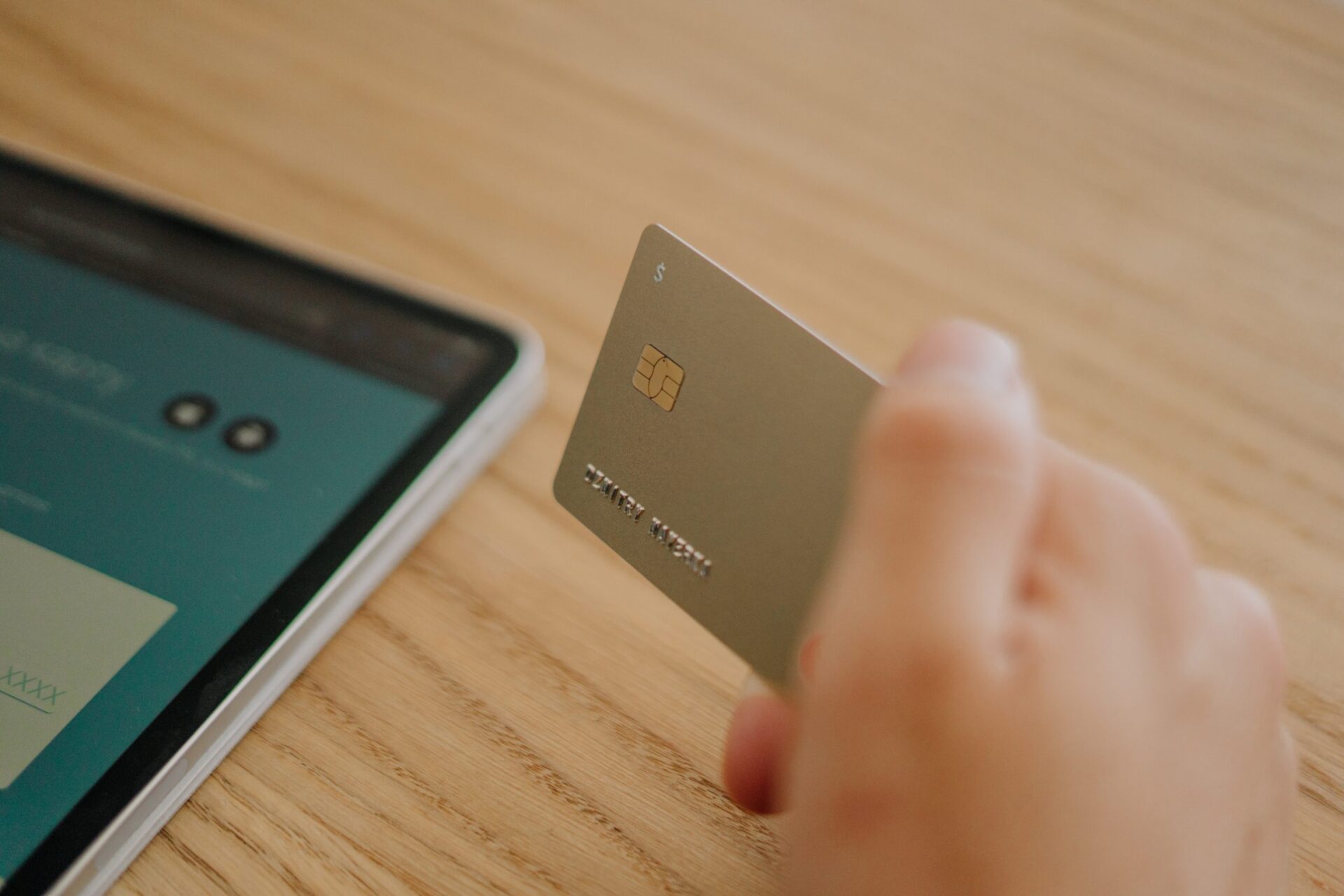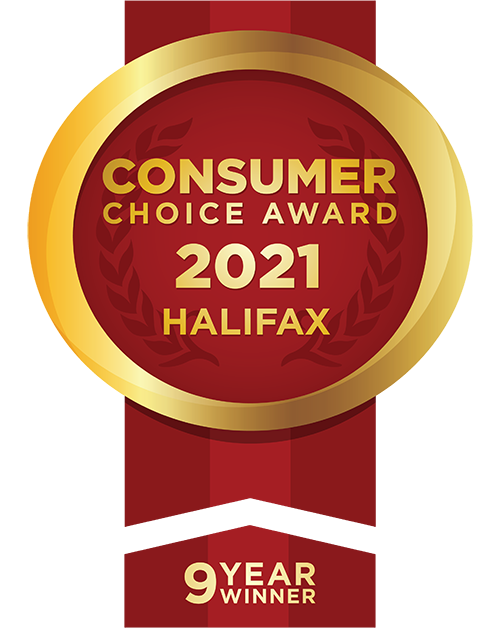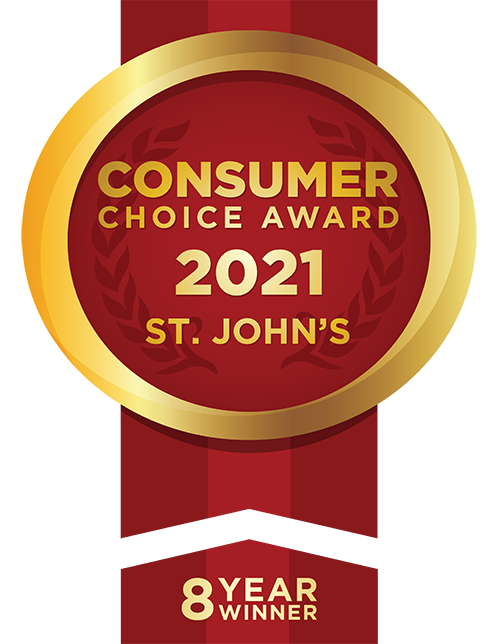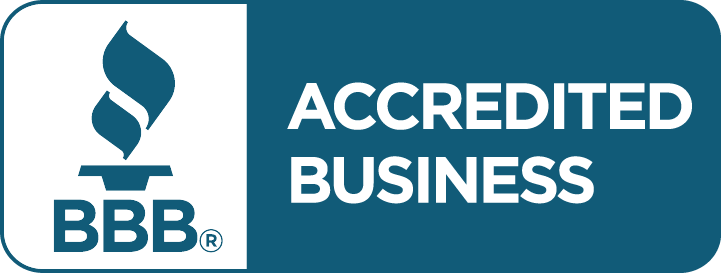With online shopping more popular than ever, we hear a lot about the negatives of credit card debt, but what about the advantages? It is up to you to know the benefits of using a credit card and make sure it’s working for you. Credit cards are a necessary tool to improve your credit score and build up your financial history. Getting your first credit card can be an exciting experience, especially since last year according to Stats Canada, 82% of Canadians reported shopping online. Just be sure you are aware of these three things:
1. Credit card interest is the main way financial institutions generate revenue.
You didn’t think these companies were providing this service for free, did you? The price for these services is expressed as an annual percentage rate. When you only pay the minimum required each month, unfortunately, you pay very little of the principal (the actual amount charged to the card). Increasing your credit card payments slightly, even by $20 per month, can save you thousands in the long run because the payment is being put directly onto the principal.
2. Your rate can be negotiable.
Most often, credit card rates hover around the 19% mark. If you have a good to excellent credit score, you should call your financial institution to negotiate your credit card interest rate. You might be surprised by how flexible your bank can be if your payments are made on a regular basis. If that doesn’t work, many service providers have loyalty departments. You can often strike a deal with a customer retention agent who wants to keep your business if you let them know you are shopping around for a better rate.
3. Interest-free periods exist!
That’s right! Start a habit of paying your balance in full before the current month’s due date. This means ZERO interest rates. Using your credit card this way is an excellent way to avoid generating interest on your purchases and build up your credit history. When you demonstrate you can pay off the balance on your credit card each month this will improve your credit score.
If you are using your credit card correctly, you are on your way to improving your credit score and developing your financial literacy. Credit cards are not the enemy when used correctly and are an effective part of your financial life.
For more information about improving your credit score and using credit cards, contact us today for a free consultation.











